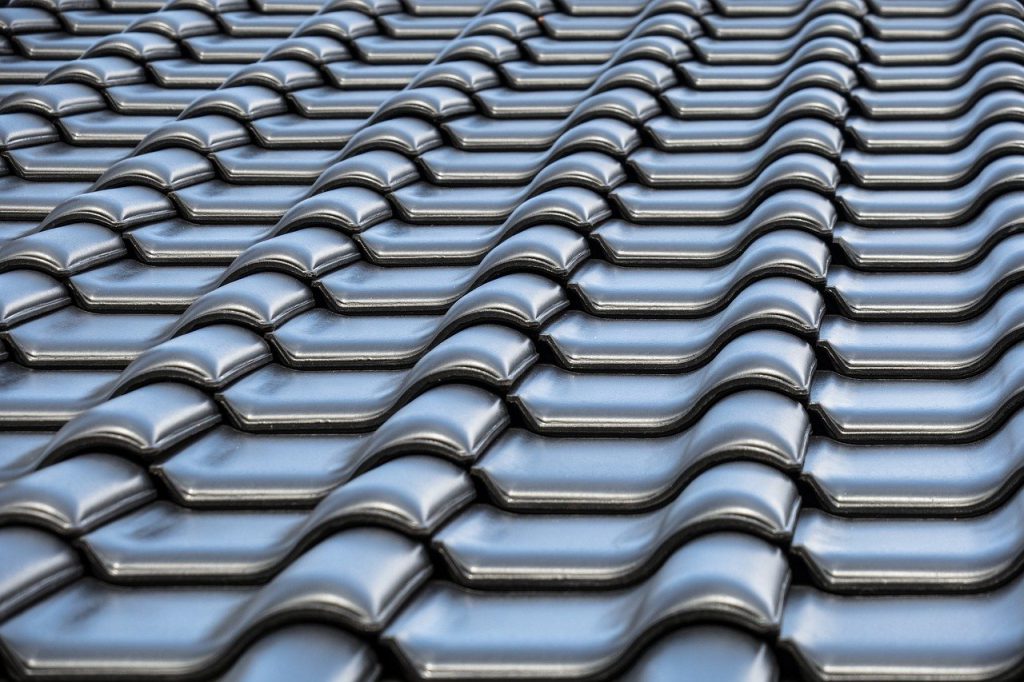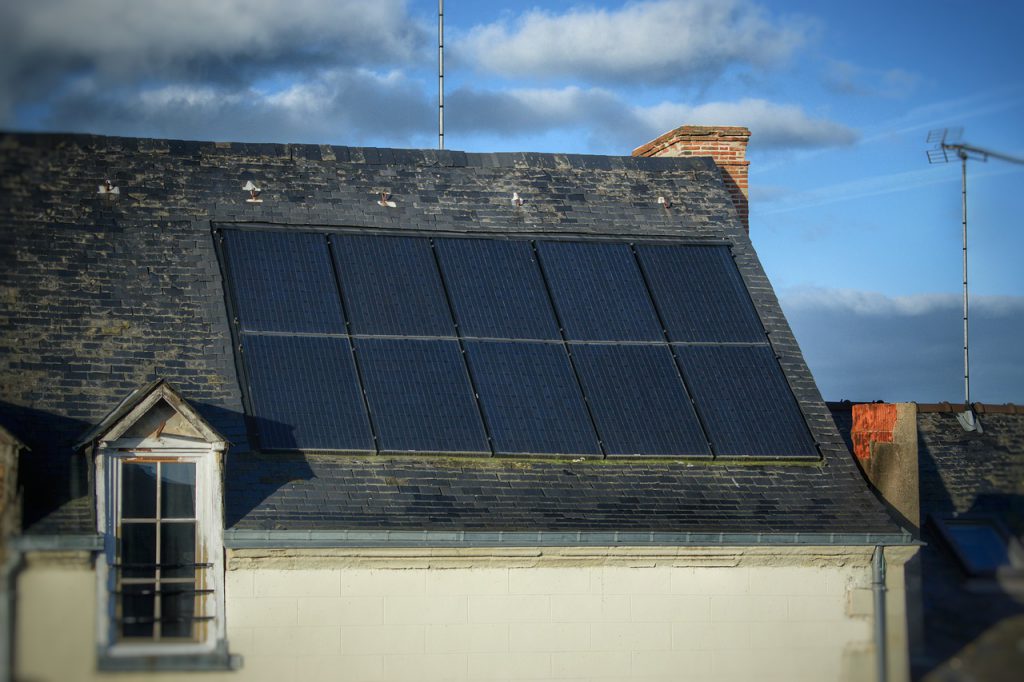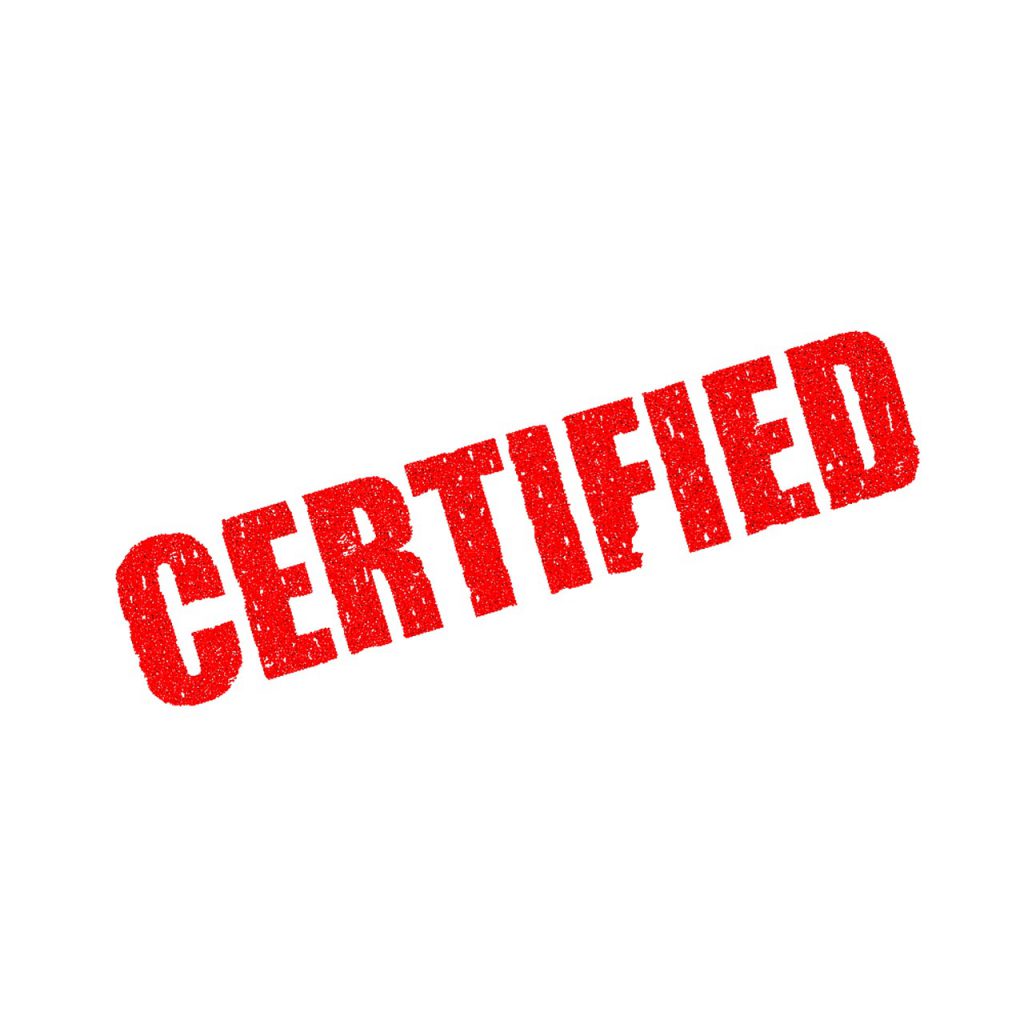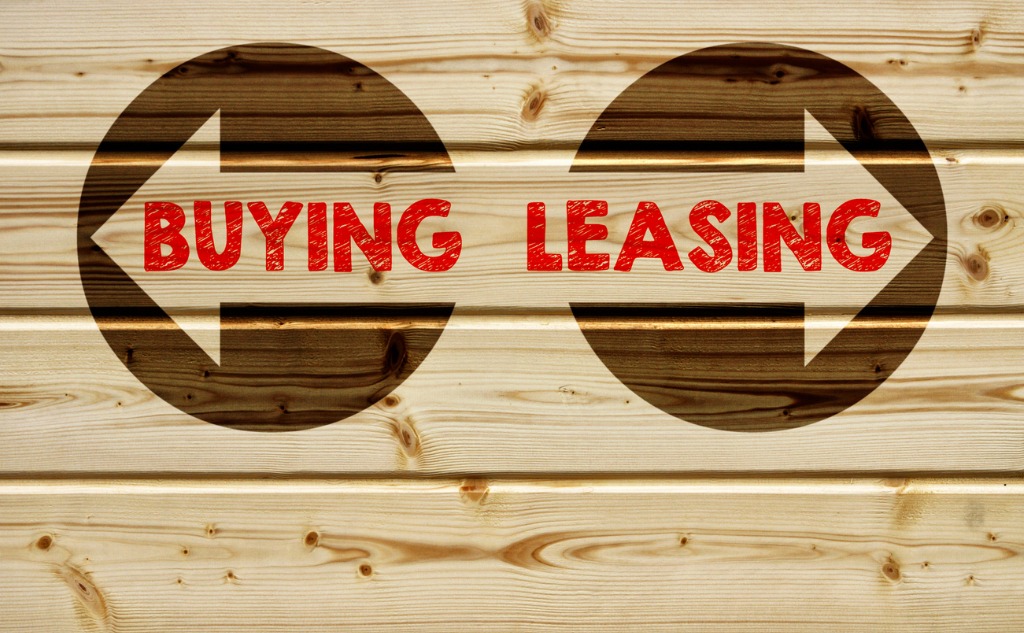Solar power has become increasingly popular in the last few decades, and it is now more accessible and cost-effective than ever. Even so, buying solar panels for your home or business is a big step, and one that you should research thoroughly. In order to do this, speak with one of Go Solar Energy’s knowledgeable agents, and be sure to discuss the following 7 questions with them.
1. Can My Roof Support Solar Panels?

The first thing you might be wondering is whether your roof is right for solar panel installation. If it is in good condition, then the answer is most likely yes. It is important to note, though, that solar panels will increase the amount of weight that is put onto your roof, so it is critical to make sure that your roof is strong enough to hold the weight. If your roof is damaged or needs repair, it’s best to go ahead and fix any issues before installing your panels. This will save you a lot of money, because if your roof fails or falls apart after you have a solar energy system installed, it will cost you even more to remove the system and then reinstall it after you fix your roof.
2. How Energy Efficient Is My Home?
After you have evaluated the condition of your roof, the next question is: am I currently doing all I can to reduce energy consumption in my home? If you’re looking to save money and conserve energy by switching to solar power, you should first make sure that your home is as energy efficient as possible. For example, if you have insufficient insulation or windows and doors that aren’t properly sealed, then a lot of your heating or air conditioning will escape your home. This will end up costing you more money no matter what type of power you have, because your system will have to constantly produce more energy to heat and cool your home. So before you install solar panels, think about reducing your energy usage by sealing windows and doors, and making sure that your house is insulated properly.
3. What Size Solar Energy System Should I Choose for the Most Savings?

When choosing a solar energy system, you’ll need to determine how many panels your system should have. The number of panels you’ll need for your house will depend on factors like energy use, location, and panel performance. To give you some idea, an average homeowner needs 28 to 34 solar panels to offset their electricity bill.
To help determine how many panels your house specifically needs, it is important to keep track of how much energy you generally use in both the winter and the summer, as these amounts can vary. This way when you are ready to install a solar panel system, the company can best accommodate your energy needs throughout the whole year. There are different panel production rates, so after estimating how much energy you use in your home (the average is about 10,400 kWh), our agents can help you determine how many solar panels are necessary to produce the amount of energy that you need to run your home. This will help maximize your savings in the end.
4. Will I Save Money By Being Connected To The Grid?
Most people who switch to solar power choose to be grid connected, meaning they can get electricity from both their solar panels and from the local power grid. Being grid connected also means that you can save money by adding electricity back to the grid. When you install a solar energy system, your panels collect sunlight which is routed to a solar inverter and then converted into electricity that powers your home. On very sunny days you might produce extra power; any surplus electricity produced is fed back into the grid. Through a policy known as net metering, you can get credit for this surplus electricity. Some questions to ask regarding this process are how you will be credited for the generated electricity and how long it will take for you to be credited.
5. What Kind Of Warranties Are There?
There are a lot of manufacturers of solar panels and each produces different kinds of panels. All of these panels are very durable and last a very long time, but when it comes to warranties, some companies may offer different terms than others. You want to make sure that you receive as much coverage as possible, just in case something does happen.

Warranties usually cover equipment and production performance, as well as panel replacement if one is damaged. You should look for the best warranty that you can get, which is typically around 25-30 years. Most warranties guarantee that panels will generate at 80% of the rated power after 20 years of use, while some have a higher warranty of 92% after 25 years.
6. Do I Qualify For Incentives/Rebates?
There are incentives and rebates available that can help you save on the cost of solar panel installation. Some solar panel manufacturers will periodically offer mail-in rebates on their products. These rebates are usually only available for a limited time, and can help reduce the costs of your installation by as much as 10% to 20% or more.
In addition, in some states you can earn and sell Solar Renewable Energy Credits (SRECs) for the electricity that your solar system produces. This incentive program allows you to earn one SREC for every 1000 kilowatt hours produced by your solar panel system, which you can then sell back to your utility company. You can get about $300 for each SREC. You can also save with solar tax exemptions that will increase the value of your home and reduce upfront costs.
7. Should I Lease Or Buy My Solar Panels?
The main differences between buying and leasing solar panels are how much money you will pay upfront, and the amount of money you can save. If you want to own your solar panels and get all of the incentives available, then your best option is buying solar panels. If it seems unaffordable to purchase a solar system outright, remember that you can do so with a loan. There are $0 down solar loans available, so you could begin saving right away, since your monthly payments would most likely be less than your current electric bill. However, if you cannot afford to pay for a system outright, or don’t want to take out a loan, but still want the benefits of switching to solar power, leasing panels is also an option. That way you can still get the benefits of lower electric bills.

Go Solar Energy understands that installing a solar energy system is a large investment, so it is important to know as much as you can before making the commitment. With us, you will work with qualified, highly-trained and licensed agents who will find you the best plan, as well as a great installer in your area. We’ll help you answer all of these questions – and more – and we’ll review all the different plans and companies to find the right installer for your needs – and we’ll do it all for free! To get started, enter your zip code on the homepage, or to speak directly to one of our agents call (888) 290-3112.
Leave a Reply